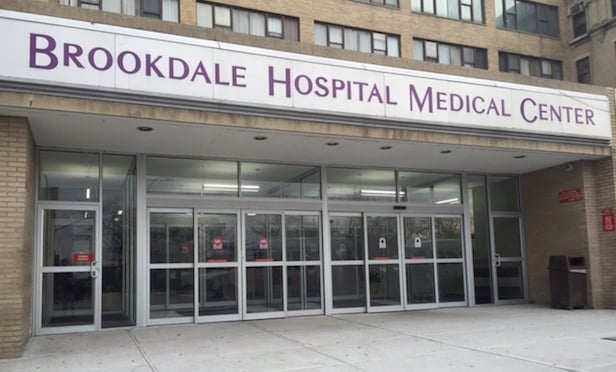
NEW YORK CITY—Gov. Andrew Cuomo announced five RFPs to construct more than 2,000 affordable homes on land controlled by the state or owned by Brookdale University Hospital, and the state-owned Brooklyn Developmental Center.
New York State Homes and Community Renewal issued a request for proposals for four of the five Brooklyn sites. New York State Empire State Development put out a request for proposals for the fifth site. The developments will create more than 2,000 affordable homes, advancing the $563 million Vital Brooklyn Initiative to create 3,000 units of affordable housing.
The housing in the RFPs will be developed on state-and hospital-controlled sites including three on the grounds of New York state-owned Interfaith Hospital; property owned by Brookdale University Hospital and Medical Center; and a site located on Brooklyn Developmental Center property. Each location will host a new ambulatory care center, which will be among 32 being advanced through a $664 million state healthcare investment to increase access to quality services and preventative care, announced in January.
New York State Homes and Community Renewal requests that proposals include elements that benefit the surrounding neighborhood. This means retail, community facilities, green building practices, and public health and wellness-oriented features such as open spaces. Proposals are due by July 13, 2018.
In addition, the state is providing awards and RFPs to improve access to open space, recreation, healthy food, education, economic development opportunities, violence prevention and environmental resistance.
The governor launched the Vital Brooklyn Initiative that totals $1.4 billion in spring 2017. Assembly members in Central Brooklyn created the Community Advisory Council consisting of community leaders, local experts, advocates and residents to provide input to state agencies on this initiative.
© Touchpoint Markets, All Rights Reserved. Request academic re-use from www.copyright.com. All other uses, submit a request to [email protected]. For more inforrmation visit Asset & Logo Licensing.







